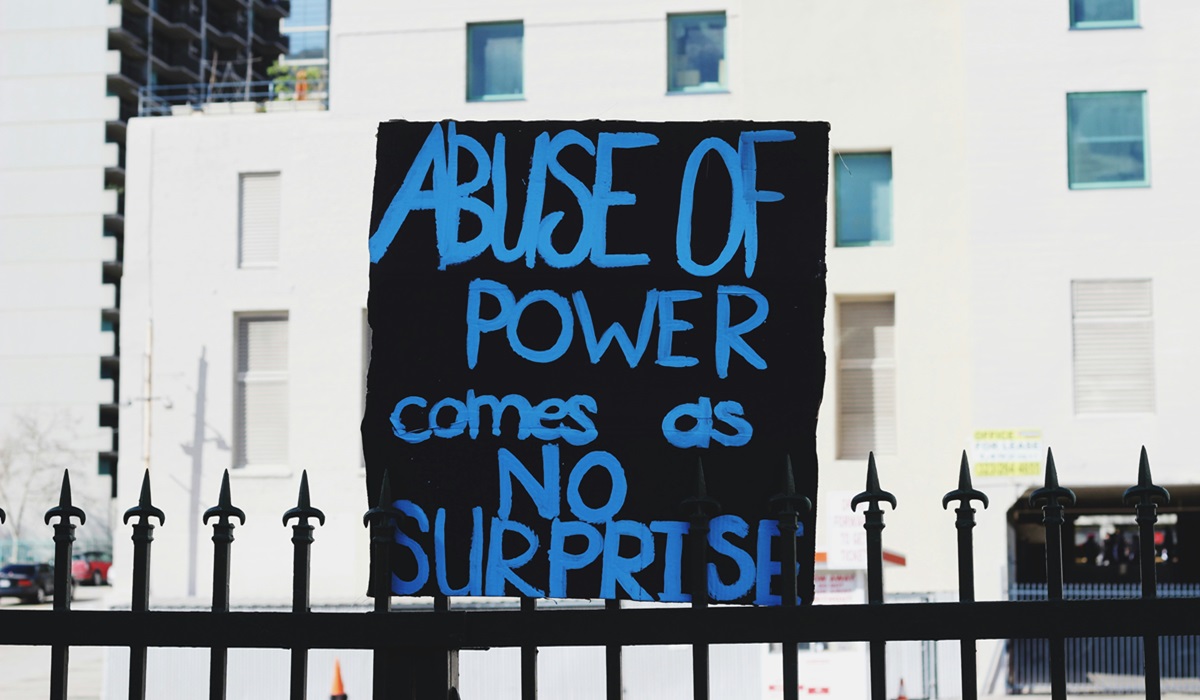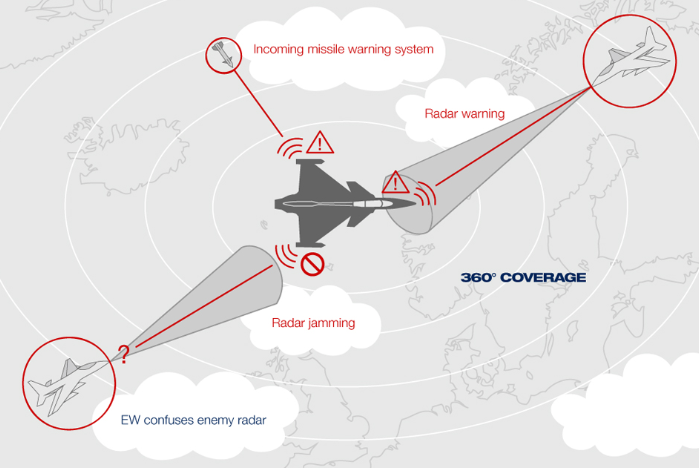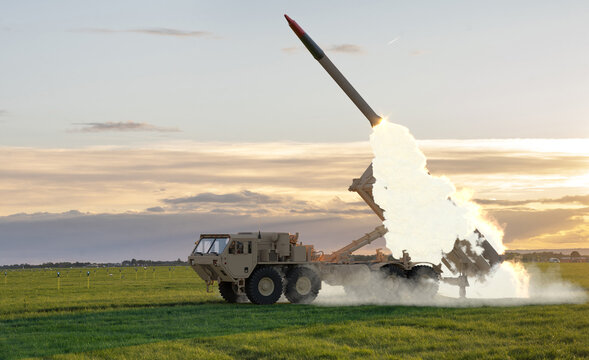Image Credit, Phil Shaw
Democracy is often celebrated as the pinnacle of governance, offering equality, representation, and the promise of self-determination. However, when examined through the lens of global power dynamics, it begins to seem less like a universal principle and more like a tool selectively wielded by powerful nations. These elites promote democratic values as a model to be exported, sometimes forcefully, to countries they label as “backward” or “in need of liberation.” Yet, when nations burdened by colonial legacies elect governments that diverge from Western ideals, they are frequently met with disdain or even intervention.
This contradiction becomes painfully clear when we examine the histories of countries that dared to follow their own path through democratic means. Why is it that nations claiming to champion democracy often undermine or overthrow governments elected by the people in poorer regions? It appears this form of government is only valid when it serves the interests of global powers. When a country, especially one still struggling with the scars of colonialism, elects a leader or enacts policies that challenge the global order, that system of government is suddenly labeled a threat.
Consider the numerous cases in Latin America, Africa, and the Middle East where elected governments were systematically destabilized or overthrown with the help of foreign intervention. These governments were not born of dictatorship but were the result of democratic processes that Western powers claim to cherish. Yet their policies—whether socialist, anti-imperialist, or geared toward nationalizing resources—threatened the global status quo. The reaction was not respect for the will of the people but covert operations, sanctions, and even military intervention.
If this system is genuinely a symbol of freedom and self-determination, why does it appear to apply only in specific contexts? The uncomfortable reality is that the version of democracy championed by global superpowers often acts as a means of maintaining control. It serves as a convenient mechanism for preserving a world order that favors the wealthy and powerful. When poorer nations strive to establish their own form of governance that challenges elite interests, this principle is quickly dismissed as an impediment to progress.
This contradiction is especially clear when we look at the international response to alternative forms of governance. Countries with non-Western systems—whether socialist, Islamic, communist, or indigenous—are quickly labeled as undemocratic or tyrannical. Yet, many of these systems contain elements of democratic participation in the form of local councils, voting on policies, or direct community involvement. Though they may not fit the Western mold, they are still rooted in principles of collective decision-making.
The irony becomes even starker when we observe the flaws in the wealthiest nations, which tout themselves as the paragons of democratic governance. In these countries, money dominates elections, gerrymandering distorts representation, and voter suppression ensures only certain voices are heard. Democracy in such places often functions as little more than a veneer, an illusion of choice while real power remains concentrated in the hands of elites.
Despite these shortcomings, the same global elites continue to preach democracy to the world, as if it is a gift they alone can bestow on poorer nations. But it is not a gift—it is a right. It cannot be imposed from the outside; it must be cultivated from within, shaped by the unique histories and struggles of each country. When nations struggling to overcome the legacies of colonialism attempt to carve out their own democratic paths, they are often met with hostility from the very powers that claim to champion freedom.
The global elite seem to prefer a version of governance that serves as a tool for control, not liberation. When the people of a poorer country elect leaders who align with their own needs and desires rather than foreign powers, those leaders are branded as threats to stability. And “stability” here means the continued dominance of Western interests. The hypocrisy is staggering.
It’s time to stop treating democracy as a sacred chalice upheld by the wealthy as the ultimate measure of legitimacy while they manipulate it to sustain their power. In its truest sense, this system belongs to the people, not the elites. Those nations still grappling with the legacies of colonization truly comprehend its value, having fought the hardest to achieve it.
But the term has been co-opted. Superpowers don’t want real democracy for the world—they want a version that serves their interests. They don’t want nations electing leaders who prioritize their people’s well-being over global market demands. They don’t want governments challenging neoliberalism or redistributing wealth in ways that threaten corporate profits. They want a system where people can vote but only for leaders who will uphold the status quo.
In this twisted version of democracy, it is often the poorest nations that suffer most. They are forced into adopting systems that don’t fit their needs, choosing between foreign-backed candidates, or facing the threat of intervention if they dare to think independently. And when they rise up to demand a form of government that reflects their own values, they are crushed under the weight of global power.
So, let us ask: why do global elites continue to preach democracy when they don’t genuinely respect it? Why do they support dictators when it benefits them and overthrow governments when it doesn’t? And why do we allow this charade to persist? True self-governance will only flourish when it is liberated from the grasp of those who seek to control it for their own ends. Until then, the concept will remain an empty promise for far too many around the world.









